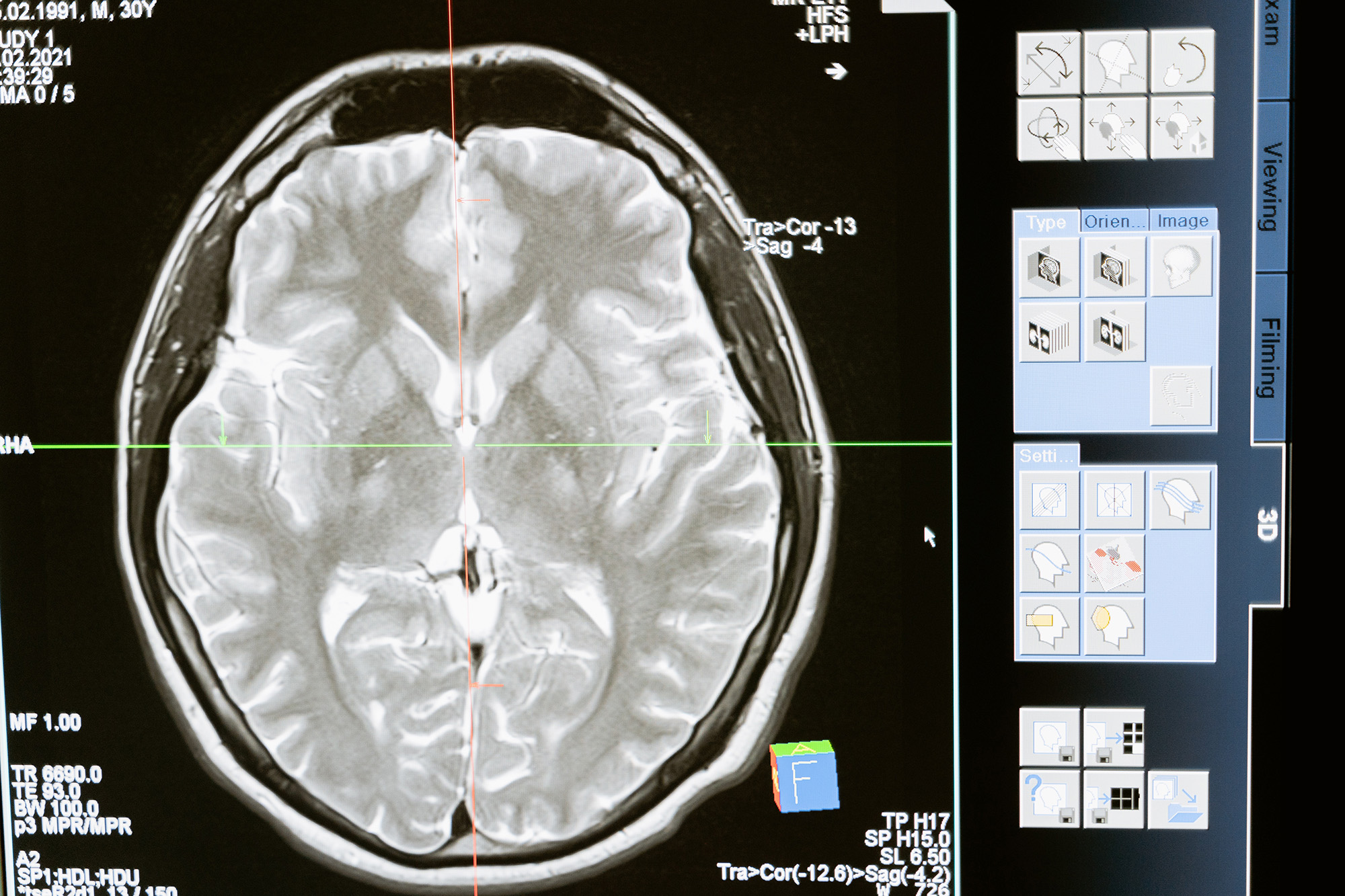Traumatic brain injury (TBI) is a severe medical condition that affects millions of people worldwide. It occurs when an external force causes damage to the brain, leading to a range of physical, cognitive, and emotional impairments.
Introduction
In recent years, there has been a significant shift towards care at home, as more and more individuals and families recognise the numerous benefits it offers. This alternative approach to care not only provides comfort and familiarity but also promotes independence and well-being. In this blog post, we will delve into the various advantages of care at home, shedding light on why it has become the preferred choice for many.
- Personalised Care
When receiving care at home, individuals have the privilege of receiving personalised attention and care tailored to their unique needs. Unlike institutional settings, where care may be generalised, home care providers can offer individualised support, taking into account the specific preferences, routines, and medical requirements of their clients.
- Comfort and Familiarity
One of the most significant benefits of care at home is the comfort and familiarity it provides. Being in a familiar environment, surrounded by personal belongings and cherished memories, can significantly contribute to an individual’s well-being. This familiarity can reduce stress, anxiety, and feelings of being overwhelmed, creating a peaceful and nurturing atmosphere.
- Independence and Dignity
Care at home allows individuals to maintain their independence and dignity, which is often compromised in institutionalised care settings. By remaining in their own homes, individuals can continue to make choices about their daily routines, meals, and social interactions. This sense of autonomy fosters a higher level of self-esteem, ensuring individuals feel empowered and in control of their lives.
- Cost-Effective
Compared to the cost of nursing homes or assisted living facilities, care at home can be a more cost-effective option. By eliminating the overhead costs associated with institutional care, such as building maintenance and staffing, care at home can provide considerable savings. Additionally, individuals can choose the level of care they require, ensuring they only pay for the services they need, making it a financially viable choice for many families.
- Enhanced Emotional Well-being:
The emotional well-being of individuals receiving care is crucial, and care at home can have a profoundly positive impact in this regard. The emotional connection between the care recipient and the caregiver is often stronger in a home environment, fostering a sense of trust, companionship, and emotional support. This personalised interaction can contribute significantly to the overall happiness and contentment of the individual, promoting a higher quality of life.
Conclusion
As we have explored, care at home offers an array of benefits that make it a preferred choice for many individuals and families. The personalised care, comfort, and familiarity, independence and dignity, cost-effectiveness, and enhanced emotional well-being are just a few of the advantages that make care at home an attractive option. By embracing this alternative approach to care, individuals can maintain their autonomy while receiving the necessary support, leading to a fulfilling and meaningful life.
If you’d like to discuss your care at home options, our friendly team would be delighted to chat with you.



